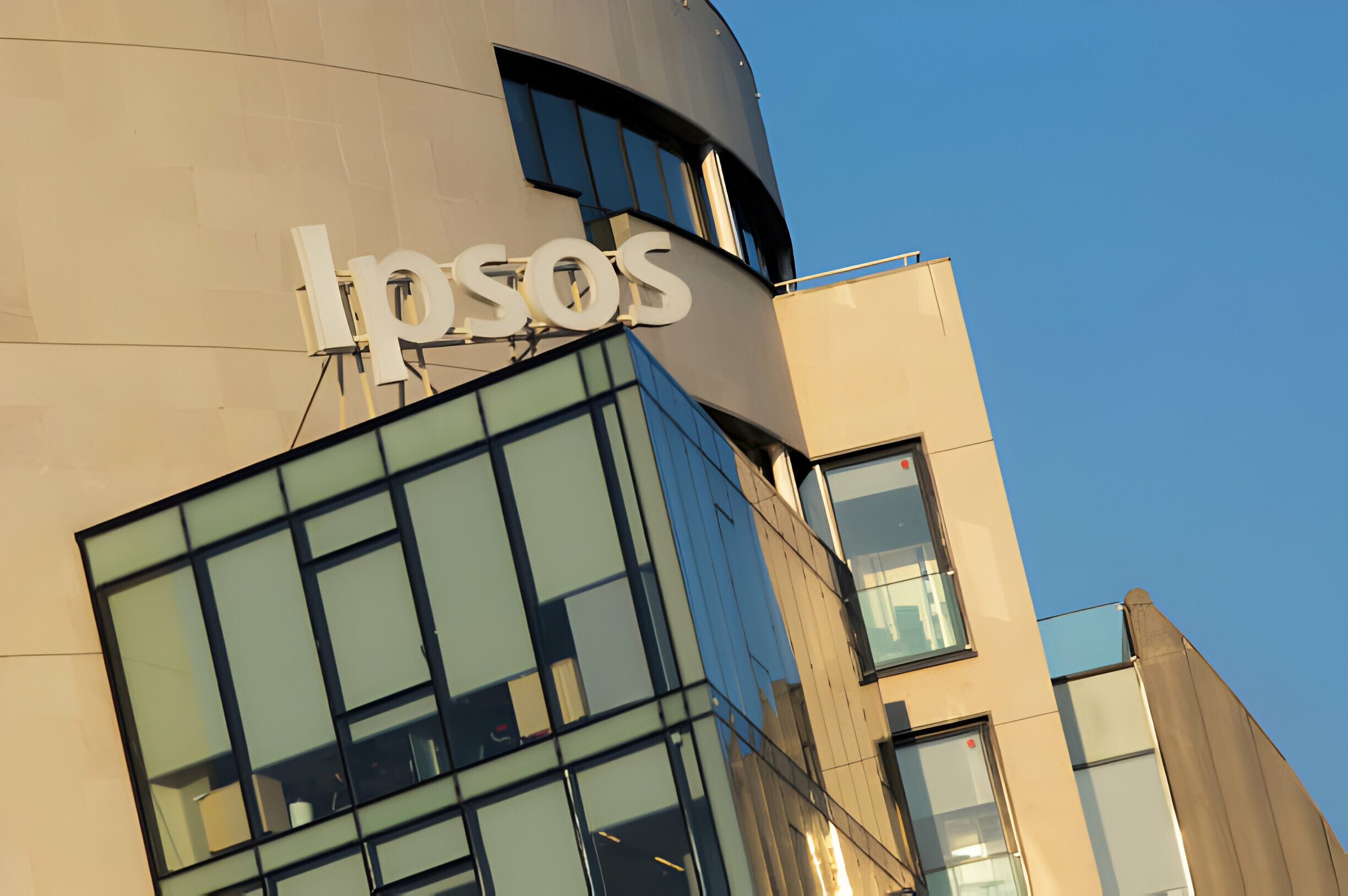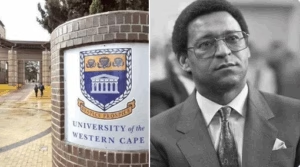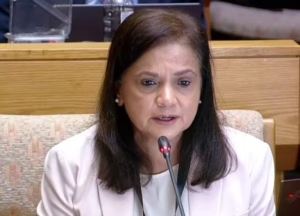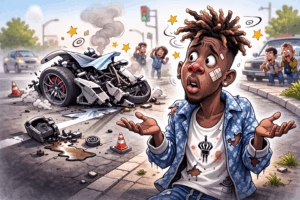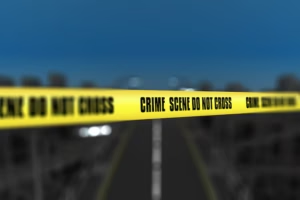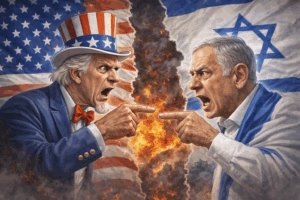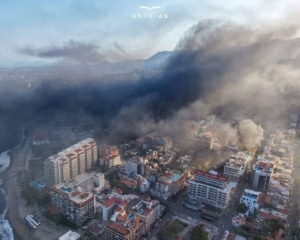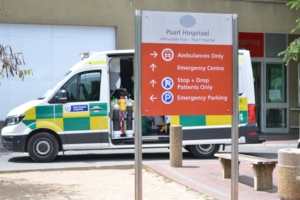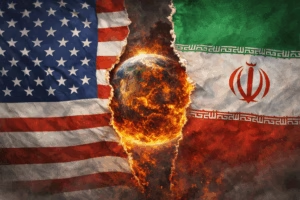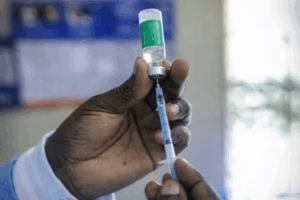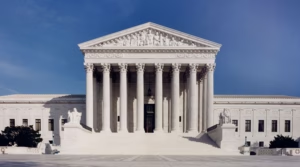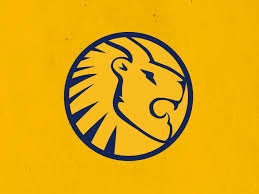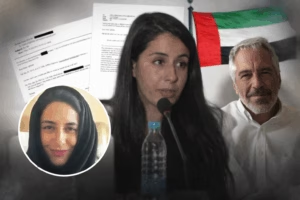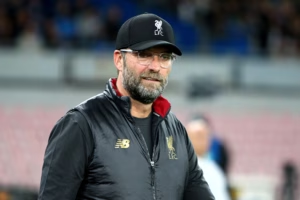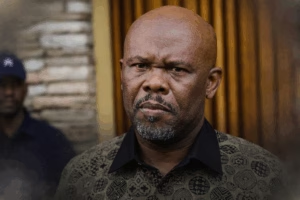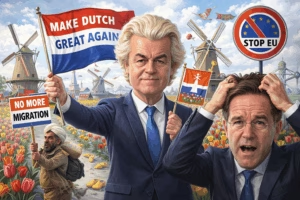In a pivotal turn of events, the African National Congress (ANC) might find itself in a position where forging an alliance with a smaller party becomes essential to maintain governance post the upcoming election. Parallelly, the Economic Freedom Fighters (EFF) are on the brink of surpassing the Democratic Alliance (DA) to secure the position as the official opposition.
These insights emerge from the latest analysis conducted by Ipsos, a global heavyweight in market research, spanning from October 23 to December 1, 2023. This endeavour aimed to capture the essence of South Africa’s political heartbeat. It’s important to note that this survey predates the introduction of the uMkhonto we Sizwe party by former president Jacob Zuma on December 16, 2023, leaving its potential influence on the political spectrum unaccounted for.
With a robust presence in 90 markets and a workforce exceeding 18,000, Ipsos utilized a mock ballot paper technique to guarantee voter anonymity, providing a clear lens into the electorate’s preferences. This method, however, does not encompass parties lacking significant historical electoral presence.
The poll posed a critical inquiry:
If there were National [or Provincial] elections tomorrow, which political party would you vote for?
Findings illustrate a slender lead for the EFF (18.6%) over the DA (17.3%), suggesting a possible alteration in the hierarchy of opposition. In this scenario, the ANC garners 38.5% of the votes, while the Inkatha Freedom Party and Action SA receive 3.6% and 3.4%, respectively.
Yet, a substantial 10.1% of participants remain on the fence, undecided or unwilling to reveal their political leanings. Ipsos highlights this segment as a critical factor in forecasting the election outcome, underscoring the importance of delving deeper into voter sentiment.
Another projection sees the ANC’s support waning to 40.5%, with the DA reclaiming its stance as the official opposition with 20.5% and the EFF closely trailing at 19.6%.
Geographical support varies, with the IFP drawing its strength from KwaZulu-Natal and Action SA gaining traction in Gauteng. The Multi-party Charter for South Africa also surfaces as a significant player, capturing roughly 33% of the vote in its preliminary showing.
Here’s a table summarizing the political parties and their corresponding percentages according to the two scenarios presented in the article:
| Party | Scenario 1 Percentage | Scenario 2 Percentage |
|---|---|---|
| ANC | 38.5% | 40.5% |
| EFF | 18.6% | 19.6% |
| DA | 17.3% | 20.5% |
| Inkatha Freedom Party | 3.6% | – |
| Action SA | 3.4% | – |
| Multi-party Charter for South Africa | – | 33% |
This table encapsulates the shifting dynamics within South Africa’s political landscape as depicted by the Ipsos poll findings.
However, Ipsos cautions against interpreting these results as concrete electoral forecasts, pointing out the myriad of factors, including campaign strategies, socio-economic changes, and the state of vital services that will shape the final outcome.
The concept of a coalition government at the national level is becoming increasingly plausible, with the ANC potentially requiring the support of a smaller entity to clinch a majority.
As the countdown to South Africa’s 2024 National and Provincial elections continues, the Ipsos poll highlights a vast segment of the electorate disenchanted with the current political offerings.
With the Independent Electoral Commission (IEC) noting an unprecedented number of political entities vying for attention in the upcoming elections, the stage is set for a broad spectrum of voter choices.
Yet, a staggering 35% of registered voters feel disconnected from the political narratives presented, introducing an element of unpredictability to the electoral proceedings.
The anticipation intensifies as President Cyril Ramaphosa is poised to declare the official election date during the upcoming Parliament opening. This announcement is pivotal, coinciding with the IEC’s efforts to bolster voter registration, highlighted by a special registration weekend on February 3rd and 4th.
Despite these initiatives, only about 64% of eligible South Africans have registered to vote, spotlighting a potential disengagement crisis that could influence the democratic process.

